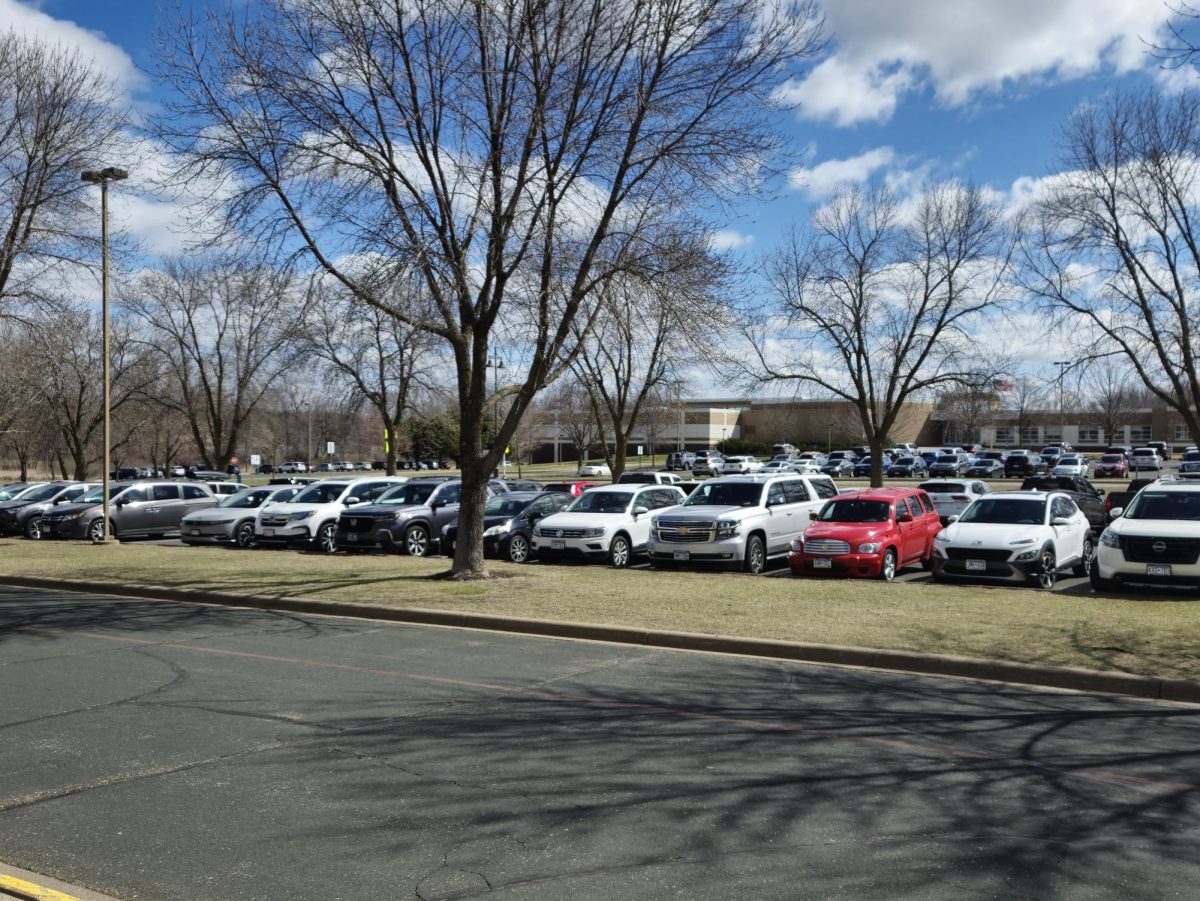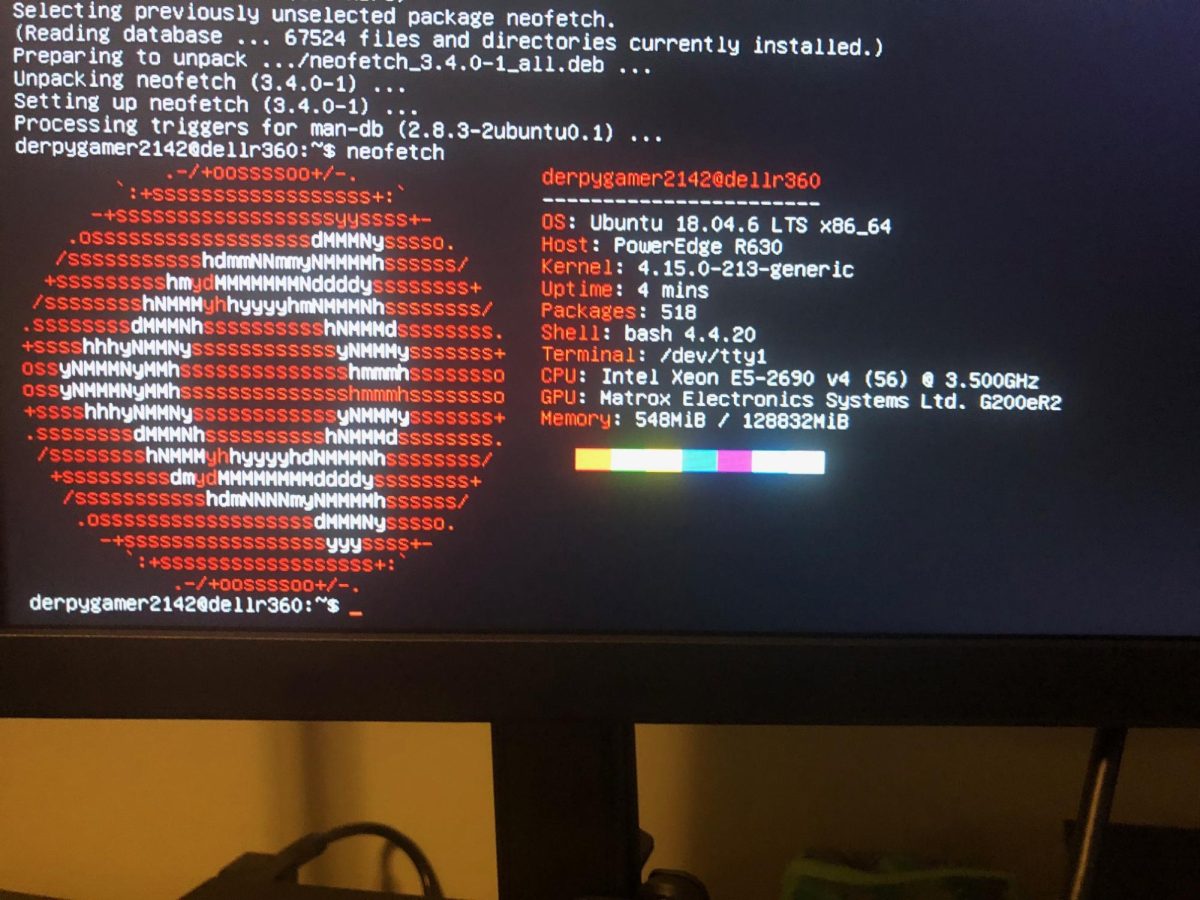Since the horrific tsunami and 9.0 earthquake hit Japan on Mar. 11, the United States counted their blessings and immediately got to helping our neighbors across the ocean. U.S. citizens are thankful that their nation was not harmed in any way, yet an even more dangerous threat could come seeping towards the country, the likes of which it may not be prepared for.
The earthquake severely damaged the Fukushima Dai-ichi nuclear power plant, more specifically the cooling systems for the outer shell made out of concrete where the radiation is held. The shell was not designed to survive an earthquake of more than 7.5 magnitudes, however, it withstood a much greater force, if only just barely.
Leaks have been reported from California to New York in the United States and more reports have spanned as far east as Iceland and as far west as China and Russia. As of right now the levels of radiation are far below a threat to the public health but it still has the country on edge.
“Our preparedness was not sufficient,” said chief cabinet secretary of Japan, Yukio Edano. “The situation is very grave and when the current crisis is over, we must examine the accident closely and thoroughly review safety standards.”
Japan, however, is still in danger of suffering a complete nuclear meltdown. The plant has already had three partial meltdowns in its reactors. A nuclear meltdown occurs when the radiation from a plant overheats from lack of cooling the nuclear products and eventually the plutonium or uranium reaches its melting point which causes an explosion and releases dangerous amounts of radiation that can cause serious health problems or even death.
“I am freaking out about the fact that I could be to radiation right now,” said senior Bryan Sayler. “They say that it won’t make me sick but it still makes me uncomfortable knowing it’s there.”
The owner of the plant announced that they have detected traces of plutonium in the soil on Mar. 29. The Japanese government has been sending workers in gruelling, twelve hour shifts to fix the situation as fast as they can.
With over 11,000 bodies being recovered so far and 18,000 as the expected death toll, Japan is in the biggest crisis it has seen in decades. Hundreds of thousands of Japanese still remain homeless and the cost of damages is adding up to $310 billion dollars, the largest natural disaster price on record. Japan is certainly in need of help, donations are being accepted at http://american.redcross.org as well as other places and websites.














































